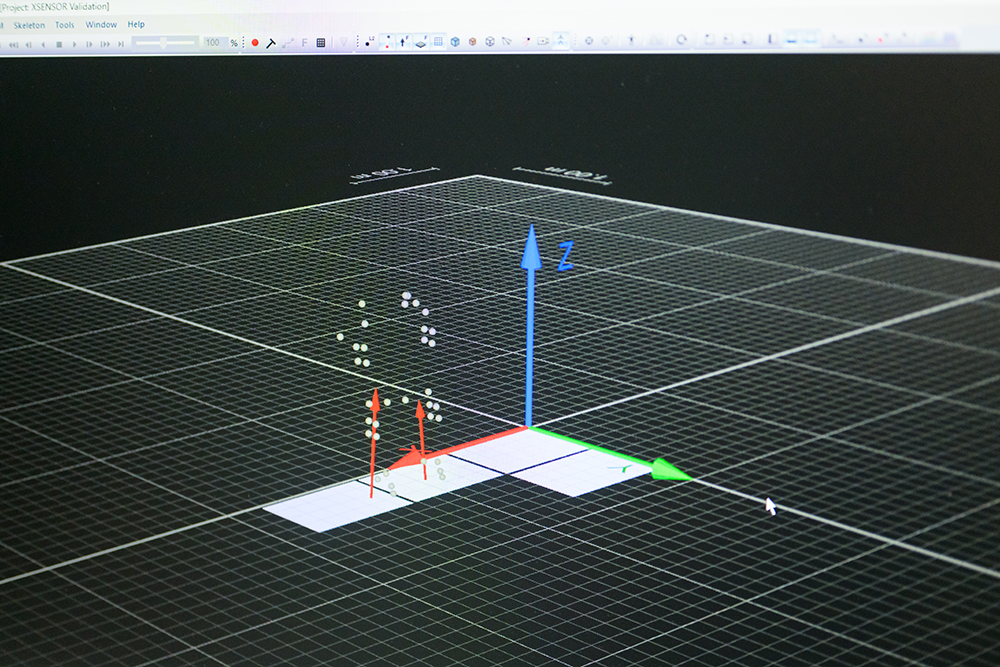Biomechanics
What is Biomechanics?
Biomechanics is the study of how the body moves and how various parts function together, from the molecular level in our cells to larger systems like muscles, bones, and organs. This field leads to innovative solutions for improving health, preventing injuries, managing joint issues, and advancing biomechanical optics, with a focus on enhancing mobility, recovery, and vision outcomes.
Areas of Focus
Our biomechanics researchers are leading cutting-edge studies to:
- Study bone healing and joint function to improve treatments for bone injuries and diseases using bioactive hydrogels and stem cells for faster recovery.
- Investigate the causes of joint damage and arthritis to develop preventative treatments that protect joints and improve long-term quality of life.
- Develop targeted drug delivery systems and therapies to treat damaged tissues, speeding up healing and reducing the need for surgery.
- Explore how the inner ear affects hearing to create advanced treatments for hearing loss
- Research how the visual system works to better diagnose and treat conditions including myopia, presbyopia, and cataracts.
- Examine bones and joints using MRI and micro-CT imaging technologies to non-invasively understand injuries and diseases like arthritis, leading to improved diagnostic tools and treatments.












